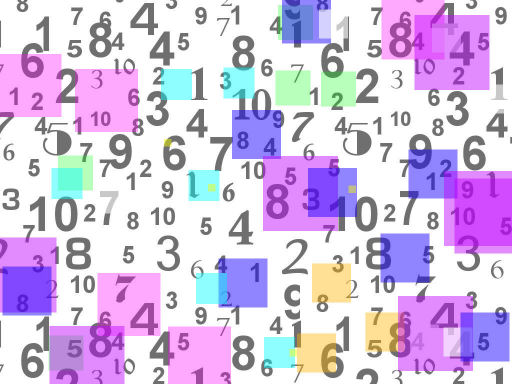Computing Science and Mathematics
A Random Walk through Mathematics and Computing Science

A series of public lectures organised by Computing Science and Mathematics, University of Stirling - (Autumn/Spring 2024/25)
Thursday evenings at 7pm, for approximately an hour.
Venue: Lecture Theatre B4
Cottrell Building, University of Stirling
All welcome. No need to book.
The following lectures are scheduled for the 2024/25 academic year.
17th October 2024, The Smith Art Gallery and Museum
Note the change in venus for this lecture as this lecture is in partnership with the Stirling Science Festival
Prof Rachel Norman
Join us for a captivating journey through the mathematical ages! As Stirling celebrates its 900th anniversary, our public lecture explores the mathematical landscape of the twelfth century, looking at what mathematicians were studying then and how the subject has advanced in the intervening 900 years. Plus, we’ll unravel intriguing properties of the number 900 itself.
Suitable for High School pupils and upper Primary.
13th March 2025 in Lecture Theatre B4
Horrible Mathematicians
Dr Anthony O'Hare
Mathematics gets the Horrible Histories treatment. We will look at some mathematicians who did some truly horrible things (or had horrible things done to them).
17th April 2025 in Lecture Theatre B4
Keeping Secrets: the story of codes and ciphers
Donald Smith
The problem of how to send a message confidentially has exercised minds for thousands of years. The battle between the cryptographer (who writes the message) and the cryptanalyst (who intercepts and tries to decipher it) has ebbed and flowed. We shall look at some ciphers from the simple to the most modern to see how this contest has developed over the years and perhaps determine who is currently winning! This talk was first given in the 2014 series of lectures.
Our past public lectures can be found through the following links.
2023-2024 lectures
2019-2020 lectures
2018-2019 lectures
2017-2018 lectures
2016-2017 lectures
2015-2016 lectures
2014-2015 lectures
2013-2014 lectures
2012-2013 lectures

Computing Science and Mathematics
Faculty of Natural Sciences
University of Stirling
Stirling
FK9 4LA
Scotland
UK
